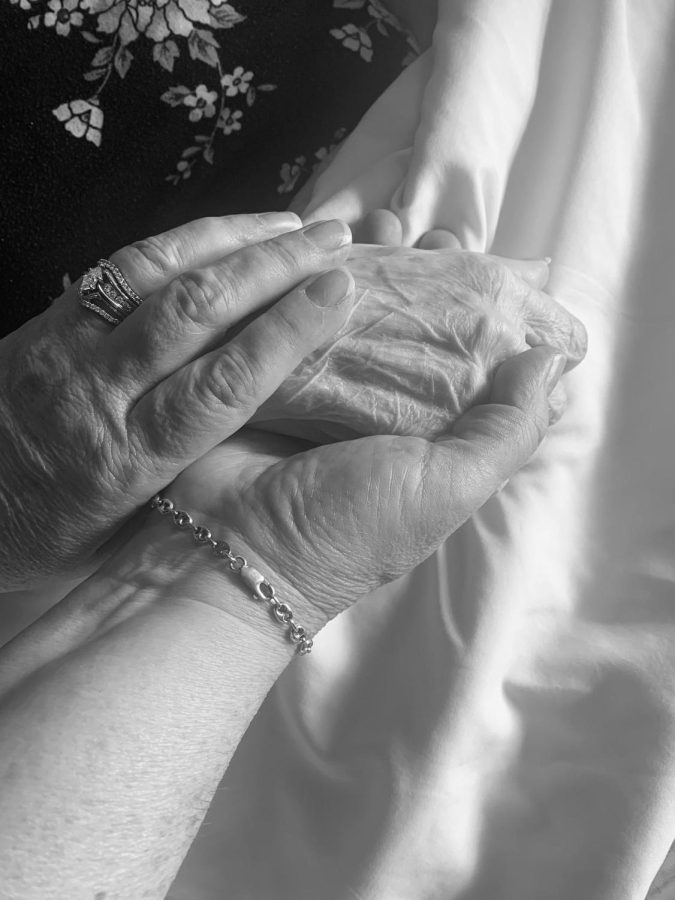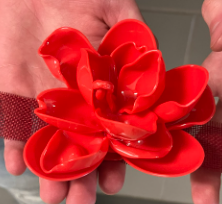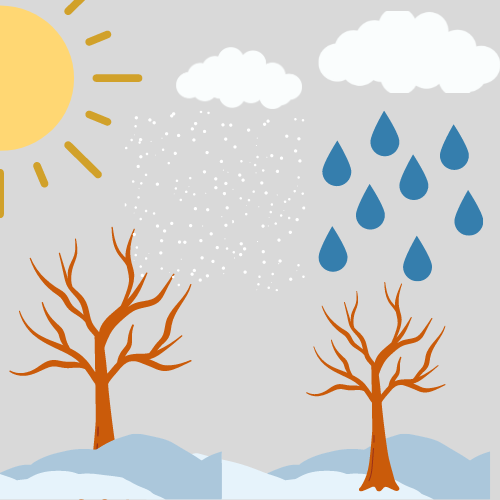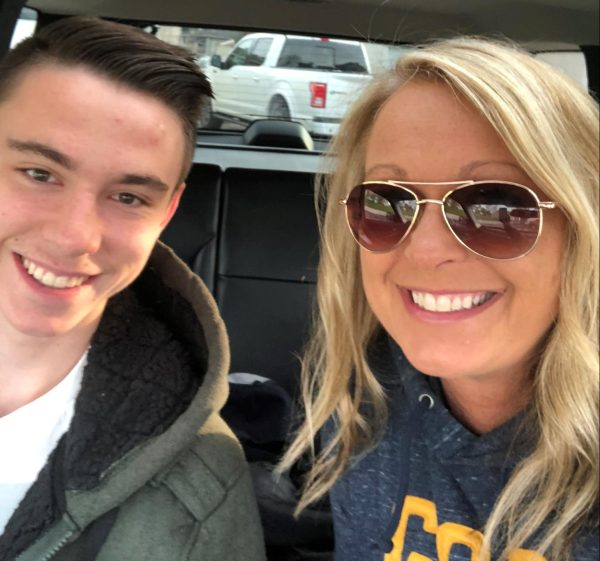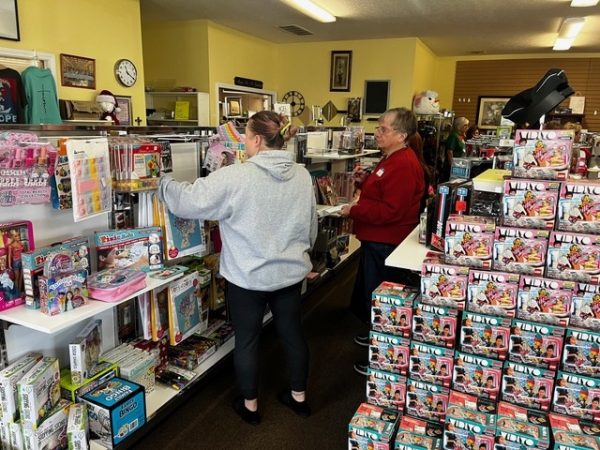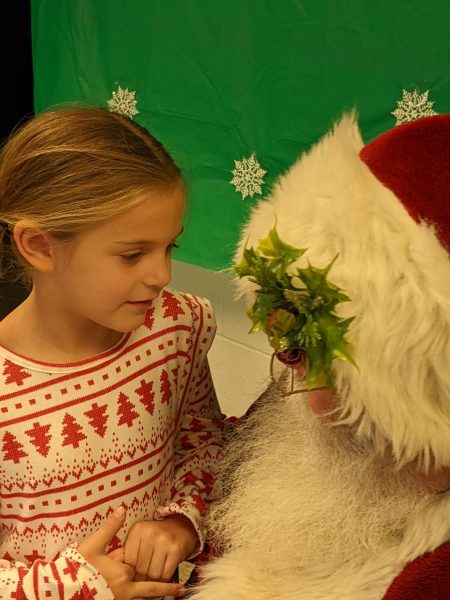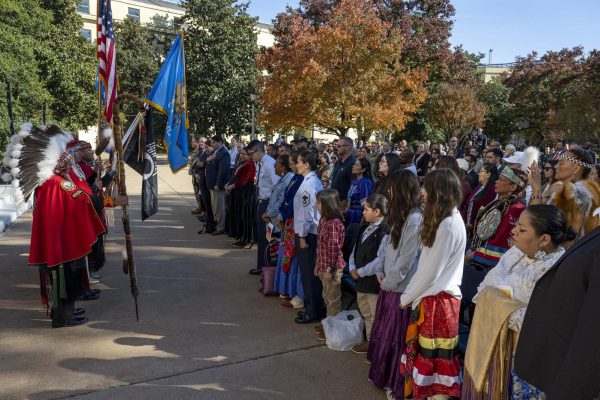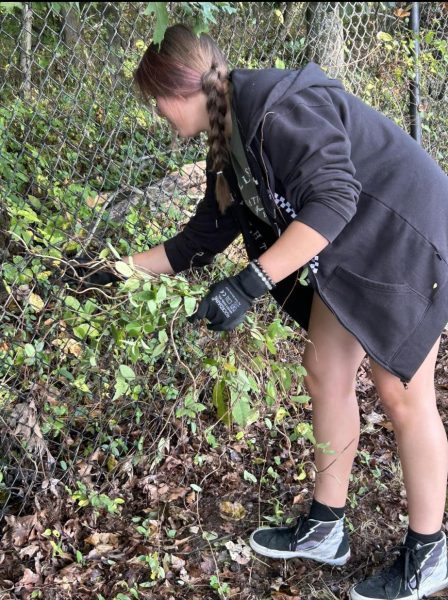The Pain of Losing a Loved One
A personal perspective
February 9, 2023
When someone we love dies our hearts feel broken. The feelings of grief and sorrow intermittently hit like ocean waves that crash on the shore. Wendi was my dance teacher for fourteen years. When she died recently from a sudden heart attack, it felt like my life was never going to be normal again. I decided to share my thoughts and feelings about losing someone dear in an effort to help someone else who may be going through something similar.
Now four months after Wendi passed, I sometimes sit alone quietly in the corner of the dance studio and think of her. The dance studio has been my second home and Wendi was also my mother’s best friend for more than thirty years. She was part of my family. Without her, dance lessons don’t feel even close to normal. Wendi was one of the first people to hold me after I was born. The pain of losing her was greater than any my mom and I have ever experienced.
The death of a loved one changes us. The initial pain is heartbreaking. Later, as we begin to cope and accept the loss, we might feel stronger until grief suddenly jumps out and stabs our hearts unexpectedly. Some people fall into a depression. Everything we see and everything we do makes us think of our loved one that was ripped away from us.
“I have lost many important people in my lifetime but the most recent loss by far has been the hardest. My best friend of 34 years passed away, unexpectedly, in her sleep at the age of 52. Over the decades of our friendship, we leaned on and supported each other through so much that I had no idea how to live life without her,” said my mother, JoAnne Shelton.
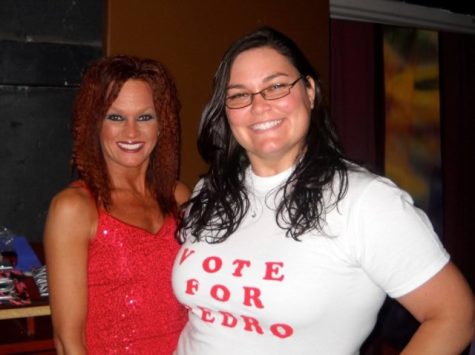
People cope with grief in different ways. The American Psychological Association states that there really isn’t a normal time period for someone to grieve, and as research suggests, most people do not go through stages as progressive steps. Most people can recover from loss on their own through the passage of time if they have social support and healthy habits (Grief: Coping with the Loss of Your Loved One). The stages of grief include denial, anger, bargaining, depression, and acceptance. Some people experience these stages out of order and more than one stage at the same time. My mom noted that humor of all things helps her cope with the sorrow she feels.
“After a few days of extreme sadness, I coped with my grief with comedy and joking about the situation,” she said.
I too, cope with grief by joking and I also tend to bottle up my feelings because I find it hard to communicate about the struggles I go through. To help me cope with Wendi’s death and to make me feel close to her, I wear her earrings and bracelets every day.
Lancaster resident Julie Bay recently lost her mother to dementia and said it is the memories of her mother that help her cope with her mother’s passing.
“Although I began to lose her years ago when her dementia slowly began to change her, I still had many good years and wonderful memories with her,” she said.
“Learn to smile first at the happy ones, the funny ones, even the dumb, silly, stupid ones. Then have a good cry. Really feel it,” said Bay.
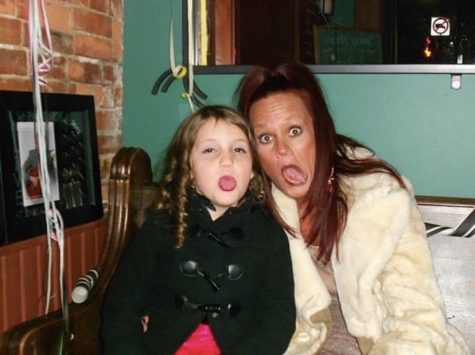
Losing someone we love is a tragic thing and the time we spent with them should be cherished. Looking back on the sixteen years I did get to spend with Wendi, I think about all the good times like going on vacation to Oak Island, countless inside jokes, and most importantly, her passion for dance that inspired me to love dance too.
Like me, my mom is trying to concentrate on the good memories with Wendi to help her cope with her loss.
“Focus on the special things that you had like inside jokes, movies, songs, routines, the things that only you two shared. These are what made your relationship unique and what you’ll always remember,” she said.
It feels like a piece of me died when Wendi passed away. My best personal advice is to remind yourself that everything will be okay. As stupid as it sounds, it helps me a lot. Do little things that remind you of the good memories you had with your loved one. For example, every time I go on stage and dance, it is in Wendi’s honor because she has taught me everything I know. My mom’s advice is something that will stick with me forever.
“Keep the people you love close, it never hurts to reach out. You never know what could happen to someone.”


